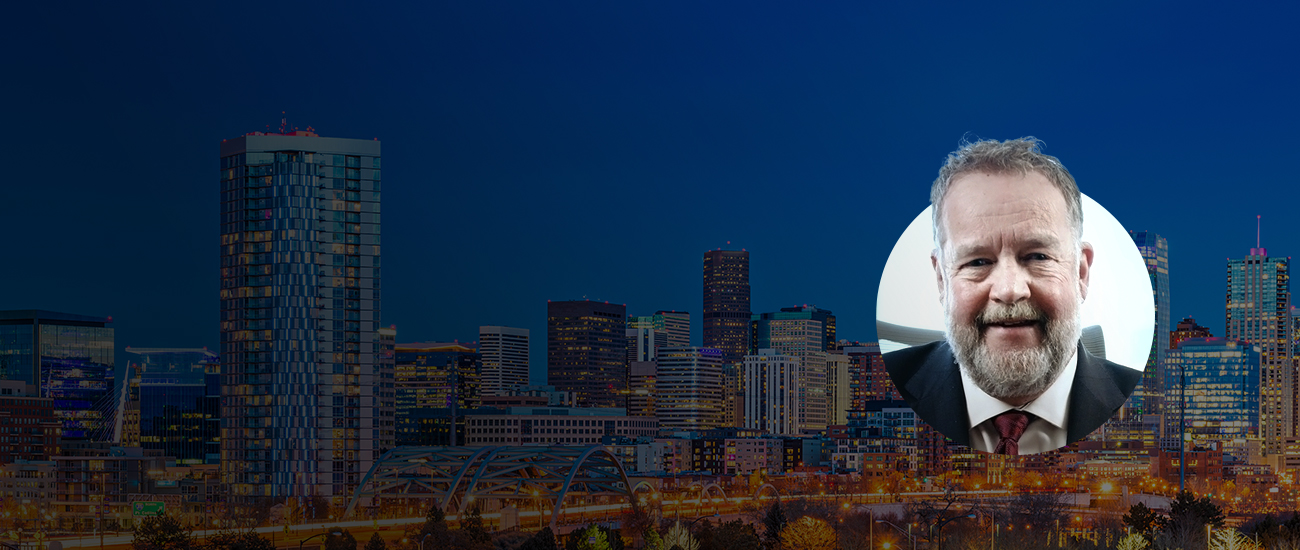- Free 30-Minute Consultation: (303) 228-2270 Tap Here to Call Us
What Wikileaks Should Teach You about Online Whistleblowing
The election has made Wikileaks a popular topic in the news lately, but exactly what Wikileaks is and how its actions can possibly be legal has many confused. Many people think Wikileaks is a group of hackers or an organization that hacks emails, but it is actually more complicated than that. Furthermore, if the average person tried to get away with what Wikileaks has done there is a good chance he or she would end up in jail.
What Should You Know about Wikileaks?
Since 2006, Wikileaks has published classified information on the internet. Wikileaks was founded by Australian computer hacker Julian Assange, who also serves as the director of the organization. The international organization receives the information it publishes from anonymous sources, many of whom consider themselves whistleblowers.
One way in which Wikileaks protects itself from legal action is to rely on an anonymous volunteer network to retrieve its information. It claims it is not actually hacking information, but instead, providing a resource for its volunteers throughout the United States, Australia, Europe, Asia, and Africa to publish information. Despite being called volunteers, many of the people who provide Wikileaks information are sometimes paid.
Much of the information published on the site includes government secrets, evidence of corruption, and email exchanges of high-ranking public officials. There is also a great deal of personal data published. Most recently, and the reason Wikileaks has been featured so prominently in the news as of late, is the release of emails sent to or received by presidential candidate and former Secretary of State Hillary Clinton’s personal email server.
But is What Wikileaks Doing Legal?
There is debate over not only the legality of Wikileaks’ actions, but also whether or not it is ethical. Some view the organization as a watchdog that is doing the job the mainstream media no longer does, while others consider it and those affiliated with it traitorous and dangerous.
Though hacking and other actions taken by Wikileaks are normally considered illegal, Wikileaks claims it is not actually doing the hacking, but simply providing a platform for those who retrieve information to share with the public. In the past, the US Supreme Court has established the American Constitution protects the re-publication of illegally gained information, provided the publisher did not violate any laws in acquiring it.
Some believe Wikileaks is encouraging illegal activity, which is something for which it could be held accountable, but due to a variety of issues, including the international nature of the organization, there have been few legal challenges that have stuck long-term. Wikileaks has servers throughout Europe and its headquarters are based in Sweden, which means a number of international laws do and do not apply to the organization.
Change Could Be Ahead for Wikileaks
Despite legal action doing little to stop Wikileaks, third-parties that play a role in the organization are taking action. Recently, Visa followed in Mastercard and Paypal’s steps when it decided to no longer allow users to send payments to Wikileaks – something the organization relies on for its funding. The companies cited legal concerns, despite the issue being fuzzy.
Additionally, members of the Congress have made various attempts to limit the damage from Wikileaks, in part by proposing laws that would make the distribution of classified information illegal. The issue is highly debated among lawmakers, as many believe allowing the journalists to protect their sources is an important component in the right to freedom of the press. You can read more about shield laws in this article from Politico.
So what’s the bottom line for the average person when it comes to whistleblowing and publishing controversial information online?
It might be tempting, should you come into possession of information that seems scandalous or of interest to the public, to take an approach similar to Wikileaks. After all, many whistleblowers fear pushback, even though they are protected by federal whistleblower laws.
It’s important to remember, the line between what is legal and illegal when it comes to the internet is constantly changing. An individual lacking the money, resources, and international structure of Wikileaks is better off going through traditional channels when it comes to making controversial information public. And if you consider yourself a whistleblower, it’s best to seek legal protection, especially if you have already shared the information and been accused of committing a crime.
Want to learn more? Contact David Lindsey.





